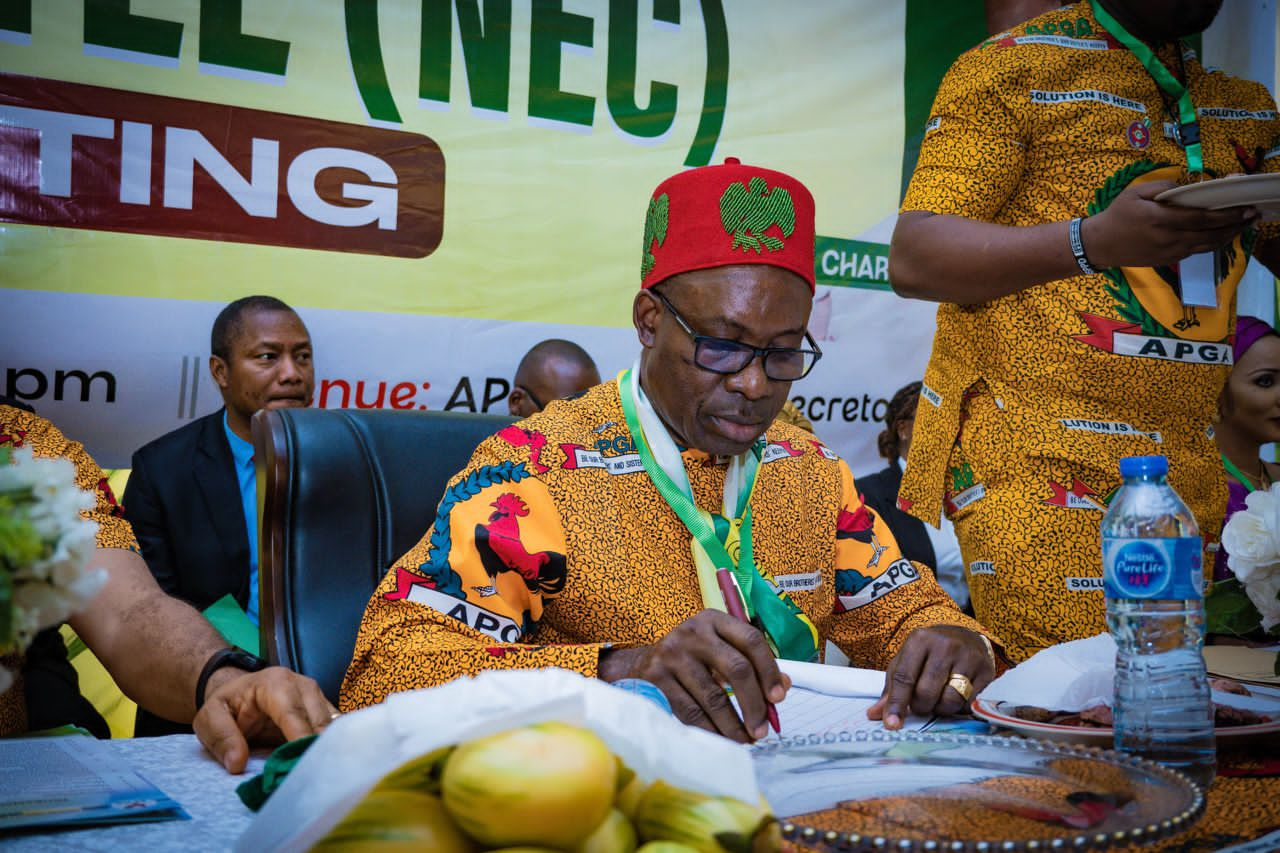The Question at Hand: Where is Soludo Getting the Funds to Finance Developmental Projects?
BY IZUCHUKWU Adichie
Although the 7th Assembly approved a loan of N100 billion for Soludo’s administration to address the huge infrastructure deficit in the state, he has opted not to borrow. This decision comes despite the 2023 and 2024 budgets, which included provisions assuming that borrowing would be necessary to cover these deficits. Depending on progress in 2025, the government may still choose not to borrow to fund the deficit.
This raises a pressing question among residents and stakeholders: How is Soludo financing the numerous development projects in Anambra State? This issue has sparked considerable discussion and debate. It is important to note that since assuming office, Soludo has prioritized transparency, accountability, and the judicious use of resources -the taxpayer’s money!
Soludo has delivered more infrastructure projects than any previous governor of Anambra. His performance has been exceptional, even surpassing some two-term governors in Nigeria, despite the shrinking size of the state budget in real terms. For instance, the Anambra state government spent $517 million in 2008 and $1.1 billion in 2013, both figures significantly higher than the proposed N606.7 billion budget submitted to the 8th Assembly for 2025. Nevertheless, this budget promises to achieve even more.
Even with the gross underperforming of our state’s Internally Generated Revenue (IGR) and challenging macroeconomic conditions—including the immediate impacts of the courageous removal of the fuel subsidy, the unification of exchange rates, and ongoing double-digit inflation—Soludo has continued to deliver commendable results. His open governance and transparent procurement practices have garnered recognition, ranking him as Nigeria’s most fiscally transparent governor. For Soludo, it is all about transparency, accountability, and open governance.

